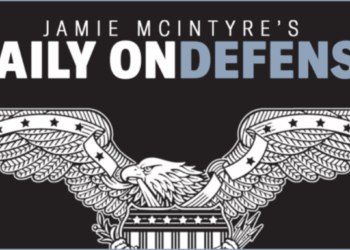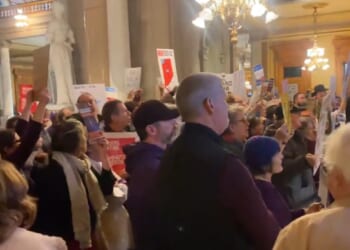American colonists revolted against the British government under the banner “no taxation without representation.” The banner for the new property tax revolt in America is “no taxation without consent.”
The first property tax revolt was launched by Proposition 13 in California in the 1970s. Double-digit inflation rates increased the assessed value of homes, and property taxes were increasing more rapidly than the inflation rate. Inflationary increases in property taxes were literally taxing California citizens out of their homes.
California citizens could not do much about inflation; that is a government failure to stabilize prices. But they could protect themselves from inflationary increases in their property taxes. Proposition 13 fixed the millage rate and capped annual increases in the assessed value of their homes. It also required voter approval for any increase in the millage rate.
Proposition 13 has saved California citizens billions of dollars in property taxes. It has been copied in other states and has become the gold standard for fiscal rules designed to protect homeowners from inflationary increases in property taxes.
Across the U.S. we are experiencing a new property tax revolt, not unlike that launched by Proposition 13 in the 1970s. Double-digit inflation rates have again imposed heavy property tax burdens on homeowners. Just as in the first property tax revolt, citizens are asking why they must pay inflationary increases in property taxes and why their local government should capture a windfall of property tax revenue just because the federal government has failed to stabilize prices.
We have learned a great deal since the first property tax revolt. The most important lesson is that fiscal rules, such as Proposition 13, can protect homeowners from inflationary increases in their property taxes, taxes for which nobody ever voted. Citizens have sought relief from property taxes both through their legislatures and through initiatives and referenda. We have learned that fiscal rules designed by legislatures are likely to be ineffective because of the impact of special interests. The most effective fiscal rules to protect homeowners are designed and enacted by citizens through direct democracy.
In the new property tax revolt the models for new fiscal rules are Proposition 13 in California and the Taxpayer Bill of Rights in Colorado. Both of these fiscal rules were designed and enacted by citizens through the initiative process. With these rules in place citizens can decide how much they are willing to pay in taxes. In many jurisdictions citizens are sending a clear message to their elected officials, rejecting increases in taxes and government debt.
DEMOCRATS SHOULD BE WARY OF THE REDISTRIBUTION RABBIT HOLE
When I served on the Colorado Tax Commission, we conducted a survey of citizen attitudes toward the tax system. The majority of Colorado citizens responded that they think governments waste much of the revenue that they receive, especially at the national level. In short, they think that government is too big, too expensive, and too intrusive in their daily lives.
That is why the banner for the new property tax revolt is “no taxation without consent.” It should be up to citizens rather than elected officials and special interests to decide how much they are willing to pay in taxes. If any jurisdiction wants to increase taxes, enact new taxes, or issue debt, this should require voter approval.
Barry W. Poulson is professor emeritus at the University of Colorado and on the board of the Prosperity for US Foundation.

















